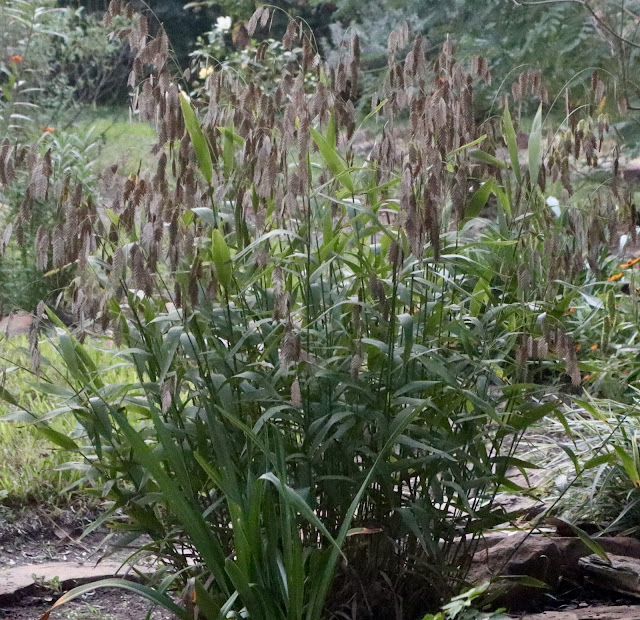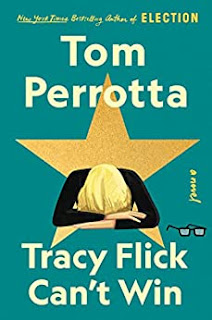This week in birds - #520

A roundup of the week's news of birds and the environment : Birds come and go through my yard throughout the year but the Northern Mockingbird we always have with us. *~*~*~* The big environmental news on this continent this week has been Hurricane Ian which continues to wreak havoc as it passes up the eastern coast. *~*~*~* Meanwhile, next door in New Mexico a huge wildfire has been raging causing many problems for residents , one of which is a severe shortage of drinking water. *~*~*~* In California, one of the efforts involved in trying to prevent or control wildfires has been to remove drying and dying plants from the landscape. *~*~*~* This may only be tangentially related to environmental news but is a very important story: In Zimbabwe more than 700 children have died of measles, a disease easily prevented by immunization. Why didn't their parents have them immunized? Because of the influence of a n evangelical church that preaches against vaccinations. *~*~*~* Urban...












